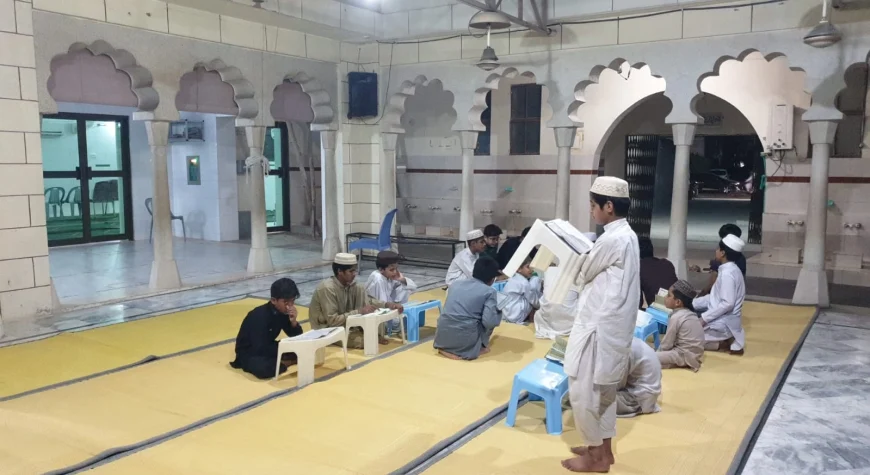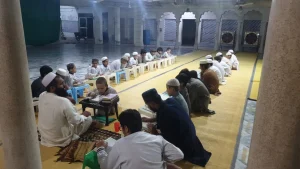The Importance of Islamic Education in Modern Times

In an era of rapid technological and global advancements, the importance of Islamic education has never been more evident. It goes beyond religious rituals, offering a holistic approach to life that provides essential moral and spiritual guidance for navigating the complexities of modern society.

Islamic Values and Modern Society: Islamic education plays a pivotal role in addressing the moral and ethical challenges of our time. With issues like moral decay, ethical dilemmas, and social injustices becoming increasingly prevalent, Islamic teachings offer timeless solutions. Through the study of the Quran and Hadith, students learn about justice, compassion, and the importance of upholding strong moral values. These teachings are not just theoretical; they are meant to be applied in everyday life, guiding Muslims in making ethical decisions that benefit both themselves and society.
Preserving Faith in a Fast-Paced World: In today’s fast-paced world, where materialism and secularism often dominate, maintaining a strong sense of faith can be challenging. Islamic education serves as a foundation that helps young Muslims stay grounded in their beliefs. It provides them with the knowledge and understanding they need to navigate the complexities of modern life without compromising their faith. By learning about the Prophet Muhammad’s (PBUH) life, students gain practical examples of how to live a balanced life, adhering to Islamic principles while engaging with the modern world.
Community Building: Islamic educational institutions are more than just places of learning; they are centers of community building. They foster a sense of belonging and unity among Muslims, creating environments where students can grow spiritually and intellectually. These institutions encourage students to participate in communal activities, volunteer work, and social services, instilling in them a sense of responsibility towards their community. This collective spirit helps in building strong, cohesive communities that work together to uphold Islamic values and contribute positively to society.
Conclusion: Islamic education is not just about acquiring knowledge; it is about transforming lives. It equips individuals with the tools they need to lead lives that are morally upright, spiritually fulfilling, and socially responsible. In these challenging times, the role of Islamic education is indispensable in nurturing a generation that can uphold the values of Islam while contributing to the betterment of the world. Supporting and participating in Islamic educational initiatives is a step towards preserving our faith and strengthening our communities for the future.


One Comment
Hamd Jasim
December 26, 2022 AT 10:02 amDolor sit am Provide Ipsum rehab facility dolor sit amet, consectetur adipisicing elit tempor incididunt